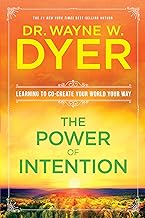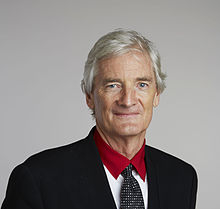Summon your best intentions like arrows from your heart and let them fly into your days.
—Calm App Reflection
Living with intention is described as a way of living consciously and deliberately according to one’s passions, purpose, goals, and values.
It can include simplifying your environment, engaging in mental and physical practices, and choosing where to invest your time and energy.
Today’s reflection points to our hearts as the source of their power. It is still up to us to aim them, pull back our life bows, and let them fly.
EXERCISE:
It has been over 20 years since Dr. Wayne Dyer’s book The Power of Intention was published. Consider reading or re-reading this classic and learn some of the enduring lessons of co-creating your world your way.














